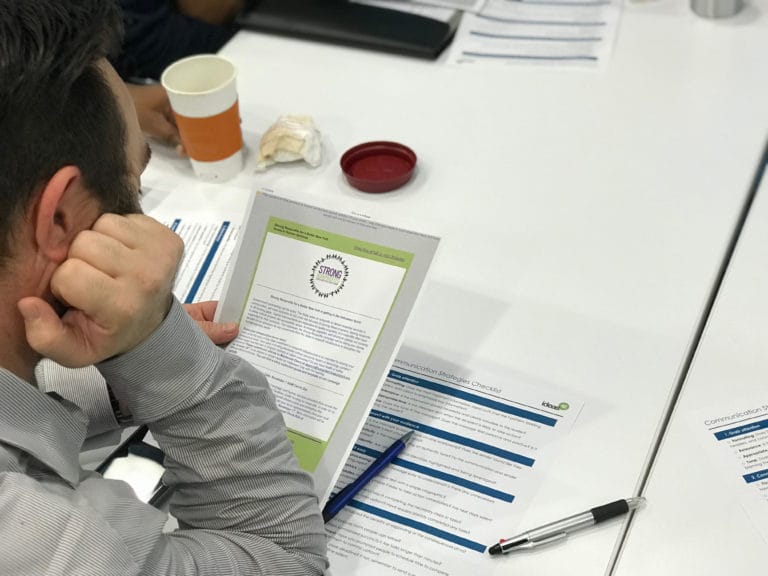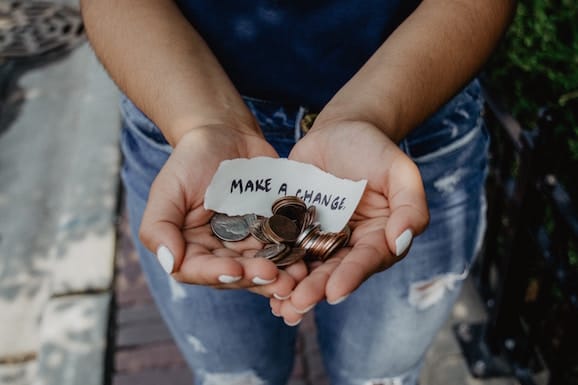
What’s It Like to Partner with a Behavioral Design Lab?
by Eva Matos and Emily Zimmerman
Over the past three years, ideas42 has collaborated with nine financial institutions across Mexico and Chile to leverage behavioral science to support their clients’ financial health—implementing 40 interventions for 440,000 study participants, and ultimately reaching over 21 million people. Supporting financial health around the world is one of the areas we focus our work to […]











